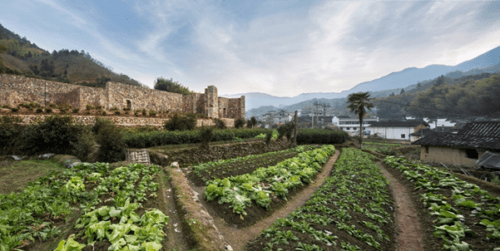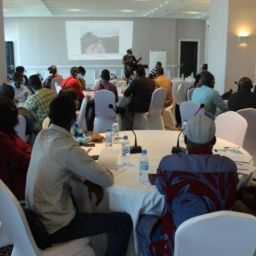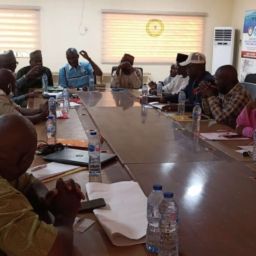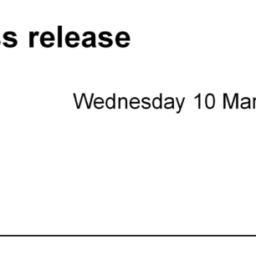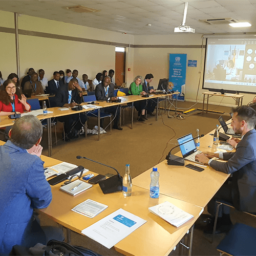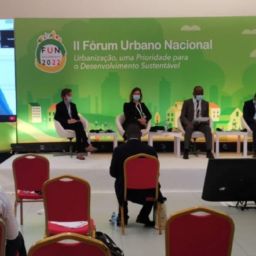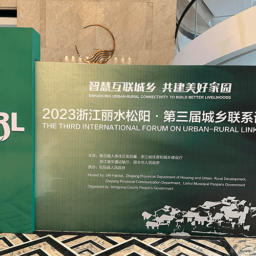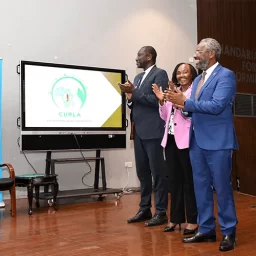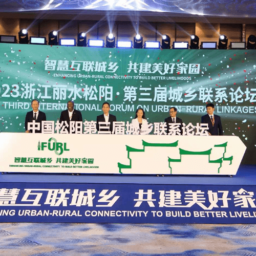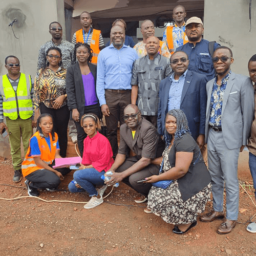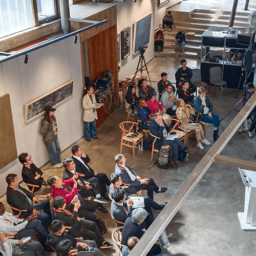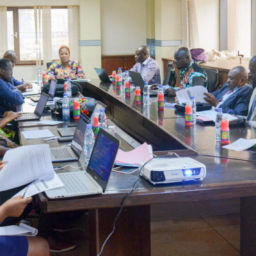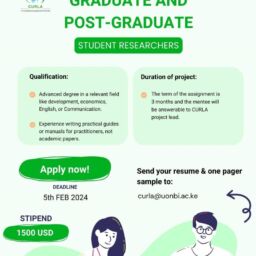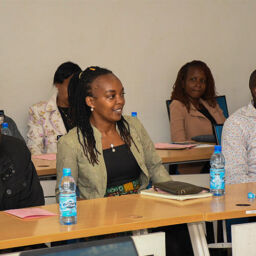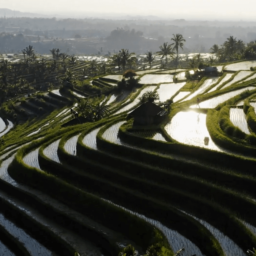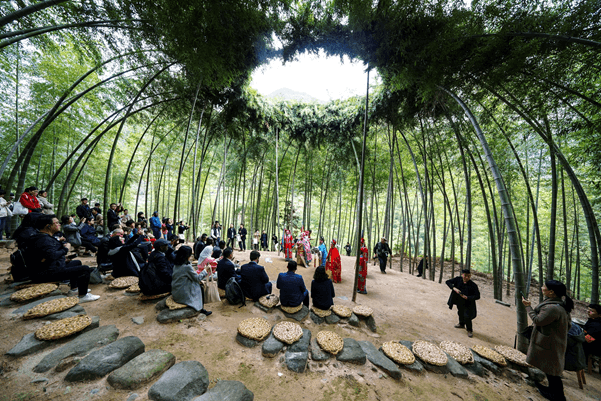
13 February 2020, Abu Dhabi, United Arab Emirates.
Abu Dhabi Declared Actions: Towards a fourth pillar of sustainable development – Implications for Urban-Rural Linkages
In the fifteen declared actions, the participants, representing international organizations, national governments, local and regional governments, private sector, grassroots groups, indigenous groups, people with disabilities, among others, highlighted culture as an “integral part of the solution to the challenges of urbanisation and achieving the New Urban Agenda”. Participants acknowledged that cultureis considered by some constituencies as the fourth pillar of sustainable development and must be a stronger strand of global solidarity. Culture and heritage were recognized as essential in the context of peoples’ empowerment as well as their universal access to services. “Urban heritage—both cultural and natural—is an asset and enables sustainable urban development.”
In the declared actions, participants also stressed the role of cities as “centres of creativity and innovation as well as places with valuable cultural heritage and identity”, and “as incubators of social, economic, environmental, political and cultural progress”. In addition, participants noted strategic integrated urban planning as entry point “to ensure the integration of urban heritage, culture, local economic needs, environmental considerations, biodiversity, low carbon development and climate resilience to ensure the creation of sustainable, prosperous, liveable communities”. Furthermore, participants declared that “attention to the urban rural continuum and to nature in cities was considered as essential.”
In November 2019, UN-Habitat in partnership with Songyang County People’s Government organized the first International Forum on Urban-Rural Linkages (IFURL1). Participants in this forum, through the forum’s outcome document Songyang Consensus 2019, acknowledged rural culture as the “root” and “soul” of rural areas, through which sustainable and innovative development can take place. In this context, strengthening urban-rural linkages and the transformation of urban-rural relations from mutual isolation through integration to mutual promotion is indispensable for sustainable development.
